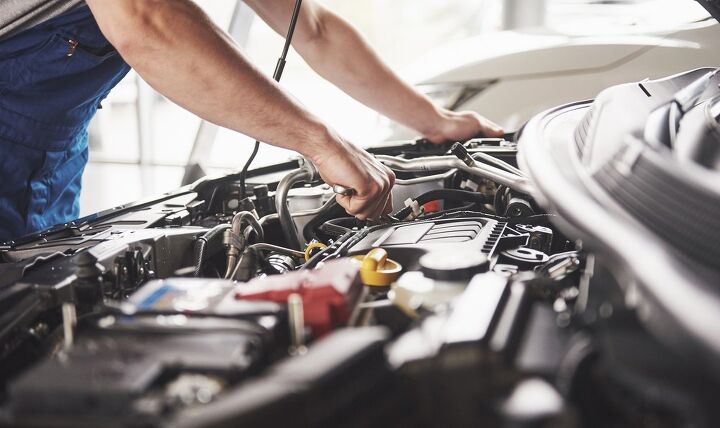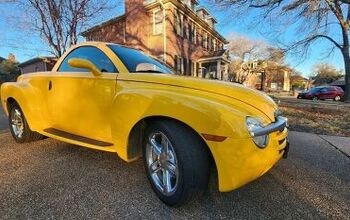J.D. Power Discovers Dealer Service Satisfaction Rises Amidst Extended Wait Periods
The auto industry has seen a rebound in customer satisfaction with dealer service experiences this year, marking a positive shift. However, dealers are still facing challenges due to shortages in parts and labor, which have contributed to increased wait times for service appointments. The overall customer service satisfaction index done by J.D. Power has seen a modest rise to 851 on a 1,000-point scale, reflecting a mixed scenario of improvements and ongoing hurdles.
Electric Vehicle Service Experience Needs Enhancement
As the electric vehicle (EV) market grows, particularly for non-Tesla battery-electric vehicles (BEVs), the service experience has not fully met owner expectations. The industry is urged to enhance the service quality and ownership experience for BEV owners, who currently face longer wait times and a perceived inconsistency in service due to a higher rate of recalls among these vehicles. The need for improvement is underscored by the lower trust non-Tesla BEV owners have in dealers for complex repairs, compared to their gas-powered and plug-in hybrid counterparts.
Innovations and Preferences in Service
The study highlights the integration of technology in the service process as a key factor in enhancing customer satisfaction. Customers show a strong preference for receiving service updates through text messages over phone calls and appreciate the use of photos or videos during vehicle inspections. Additionally, the study underscores a growing trend towards aftermarket services, driven by shorter wait times and the convenience of location.
Rising Costs and Brand Performances
There has been a noticeable increase in the average cost of service visits across both premium and mass market vehicles, attributed to inflation and the rising costs of parts and labor. On the brand front, Lexus and Buick have emerged as leaders in their respective categories for dealer service satisfaction, with several other brands also showing strong performances across different vehicle segments.
While there are signs of improvement in the auto dealer service experience, there remain significant areas for enhancement, especially in accommodating the growing BEV market. The study points to technology, efficiency, and transparent communication as pivotal factors in elevating service satisfaction. Dealers and manufacturers are encouraged to address these challenges proactively to align with evolving customer expectations.
This article was co-written using AI and was then heavily edited and optimized by our editorial team.
More by TTAC Staff
Latest Car Reviews
Read moreLatest Product Reviews
Read moreRecent Comments
- Tassos One my LAST YEARS TEACHING AT A LOW RENT institution I had to buy a FEMALE UNDERGRAD a fiat 500 after SHE THREATENED TO COME FORWARD about my unwelcome advances. THAT IS WHY I DISLIKE SMALL CARS AND THE METOO MOVEMENT
- 3-On-The-Tree My son drives my hand me down 2010 Corolla. I bought that car new and drove it from Ft Huachuca Az to Ft Leavenworth Kansas for the Staff college the to Ft Bliss Tx then gave it to my oldest son then my second son and now my youngest son. They all want the 2009 C6 Corvette and 2002 Suzuki Hayabusa.
- Tassos BIDEN BRATISLAVA VIP BREADVAN ON STILTS!
- Ted The automotive period we are in reminds me of the malaise era of the 70s and early 80s. Government emission mandates exceeded the available engineering capabilities of most auto makers (sans Honda). Mileage, performance, and reliability all decreased. It wasn’t until both fuel injection and electronic engine control became available that all three improved again.Seems BEVs are in a similar spot; battery technology needs breakthrough improvement, charging needs to be faster and more ubiquitous. As those things happen, BEVs will make more sense.Agree the aspirational mandates are ahead of the current technology and infrastructure.
- Golden2husky This was a common topic at work - kids learned how to drive, and now another car is needed. I was amazed at all the excuses made about how their kid must have a new car. Used cars are a "risk" for breakdown, they are not as safe, etc...which is all BS of course. How much difference in safety is there between a new car and the same model that is five years old? Maintained cars don't break down very often. I've driven cars for far, far longer than most and have been towed exactly twice in my entire driving career (about 800,000 miles). While I wouldn't put my daughter into a 15 year old car and let her drive across the country, I would be fine with a 5 year old car that was well cared for. Let's be realistic - new drivers are likely to get into a fender bender - why do that to a new car. I was thrilled to get an 8 year old car for college back in the day even though my folks could afford to buy all of us new cars if they wanted to. If you Want to buy your kid new, go ahead. Just don't freak out when they come home with a fresh dent.


































Comments
Join the conversation